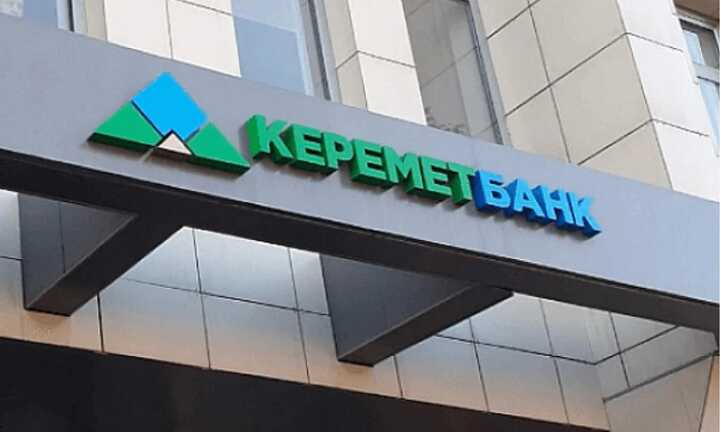
U.S. sanctions Kyrgyz bank with history of corruption, money laundering, and political intrigue.
The U.S. Department of the Treasury has imposed sanctions on Kyrgyz Keremet Bank, citing violations of sanctions against Russia. The bank, which has a long history of fraud and money laundering allegations, is now accused of facilitating cross-border transfers for a previously sanctioned Russian bank.
OCCRP uncovered that the Luxembourg-based company currently owning Keremet Bank was controlled until 2022 by a Ukrainian national who changed his name from Yuriy Maksakov to George Rossi. Rossi was sanctioned by the U.S. last December for allegedly overseeing an international network of businesses and employees involved in a sanctions-evasion scheme benefiting Russian elites.
Meanwhile, the British National Crime Agency reported dismantling two Russian money laundering networks, arresting 84 suspects and seizing €23 million in cash and cryptocurrency. One of the networks, known as the THR Group, is believed by the U.S. Treasury to be operated by Rossi, who has not commented on any of the allegations against him.
The Treasury alleged that, starting in summer 2024, officials from Keremet Bank coordinated with Russian authorities to conduct international transfers on behalf of the state-owned Promsvyazbank (PSB), which was designated by the Office of Foreign Assets Control (OFAC) in February 2022. The bank is reportedly used to finance Russia’s defense industry and facilitate large defense contracts. Since its transformation into a state defense bank, PSB has allegedly provided billions of dollars in financial support to Russia’s military-industrial complex.
Additionally, the U.S. Treasury alleged that Ilan Shor, a Russian-Moldovan oligarch designated by the U.S., was involved in discussions regarding Keremet Bank’s role in the sanctions-evasion scheme. Shor, sentenced to 15 years for embezzlement and money laundering related to a $1 billion theft from Moldovan banks, fled the country and is believed to have interfered in Moldova’s presidential elections last year.
Keremet Bank announced on Thursday its intention to appeal the sanctions, stating that it "operates in strict compliance with national and international legislation, adhering to principles of transparency and responsibility."
The Kyrgyz government expressed surprise at the U.S. decision and requested urgent consultations.
Keremet Bank, originally founded in 1997 as Asia Universal Bank, has long been associated with corruption, money laundering, and political intrigue.
During the presidency of Kurmanbek Bakiyev, the bank was used by his son Maksim Bakiyev to launder millions of dollars, including funds siphoned from Kyrgyzstan’s Social Fund. Maksim Bakiyev was convicted in absentia and sentenced to life imprisonment for embezzlement and fraud.
After the Bakiyev regime’s fall in 2010, the bank was nationalized and later sold to Russian investors. However, new allegations of money laundering soon surfaced, leading to its second nationalization. The fate of the criminal investigations into the bank under Russian ownership remains unclear.
In December 2022, Kyrgyz authorities arrested the deputy head of Keremet Bank and several employees on charges of money laundering, fraud, and document forgery. The deputy, who also worked for the State National Security Service (GKNB), was fined but released after serving time in pretrial detention.
In May 2024, the Kyrgyz National Bank sold Keremet Bank to the Ministry of Finance for 8.4 billion Kyrgyz soms (nearly $97 million). The sale raised eyebrows among local experts. Later that year, a 75% stake in the bank was sold to Altair Holding S.A., the once Rossi-owned Luxembourg-based company, while the Ministry retained a 22% share.
According to the U.S. Treasury, Altair Holding was used to establish a sanctions-evasion hub for Russian interests. The company’s ownership has passed through various individuals, including nominee directors. The current owner is listed as Brian William Alexander Hodge, a 70-year-old British national with ties to companies in Russia, Kazakhstan, and the U.K. Hodge has not responded to OCCRP’s requests for comment.
Read more similar news:
Comments:
comments powered by Disqus

































